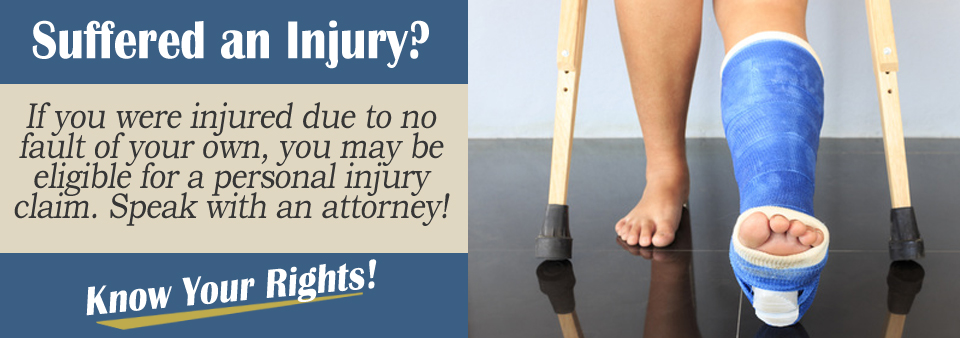A simple errand turned into a major nightmare.
With your car in the shop for a few days, you asked your neighbor to borrow his car to fulfill an appointment you had with your physician. Everything went well on that sunny day, that is, until you lost control of your vehicle and it rolled over on its side repeatedly. Now, you have to visit your doctor again, except this time it is not for a routine physical examination.
Rollover car accidents represent complicated incidents that often turn into violent events. Although the type of vehicle frequently receives most of the focus while investigating rollover car crashes, the fact remains other factors like speed, location, and weather conditions also play a role in causing rollover crashes The National Highway Traffic Safety Administration (NHTSA) has released data confirming that more than 90 percent of all rollover accidents involve just one vehicle.
Damages Resulting from a Rollover Accident
The same factors that determine the cause of most rollover crashes also factor in to determining the extent of property damages and personal injuries. Vehicles take a major hit during rollover accidents primarily because cars receiving a pounding from excessive impacts with the ground and other stationary objects.
A vehicle can lose sections of the exterior like what you see during high-speed professional race car driving events. Doors, windows, and mirrors end up hundreds of feet away from the vehicle. Possible personal injuries suffered during a rollover crash include severe lacerations, multiple cuts and bruises, and spinal disc issues that deteriorate over the course of time.
Liability in a Rollover Accident
Assigning liability in a rollover accident while driving someone else’s car comes down to the language used in the owner’s insurance policy, as well as any applicable state laws. In most cases, the owner of the vehicle is responsible for filing the insurance claim, which in this case includes paying for the property damage and personal injuries to the driver of the vehicle.
However, many insurance policies clearly state the owner of a vehicle involved in any type of car crash must have given the driver of the vehicle permission to operate it. In addition, some auto insurance policies define who is allowed to drive the vehicle, without first gaining consent from the owner of the car. From a strictly fault standpoint, the driver of someone else’s car who got into a rollover accident is often responsible for causing the crash.

After a Rollover Accident
Collecting evidence after a rollover accident is the key to attributing the cause of the crash to one or more other factors. Although another driver did not hit your vehicle, there is the possibility another driver made a maneuver that caused you to swerve and eventually roll the car over.
Taking photographs of the accident scene and interviewing witnesses can help give your insurance claim more credibility. Pay special attention to the road and weather conditions at the time of the crash. The car owner’s insurer needs plenty of evidence that points to another factor other than careless or distracted driving.
Work with a Liability Attorney
Filing an insurance claim for a rollover accident requires the legal assistance of a state licensed insurance liability lawyer. An accomplished liability attorney ensures you submit the evidence required to make a convincing argument that other factors besides distraction and carelessness played a role in the crash.
Schedule a free initial consultation with an experienced liability attorney to submit the most persuasive auto insurance claim.